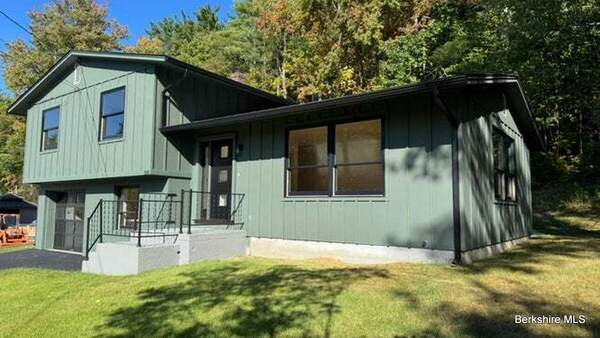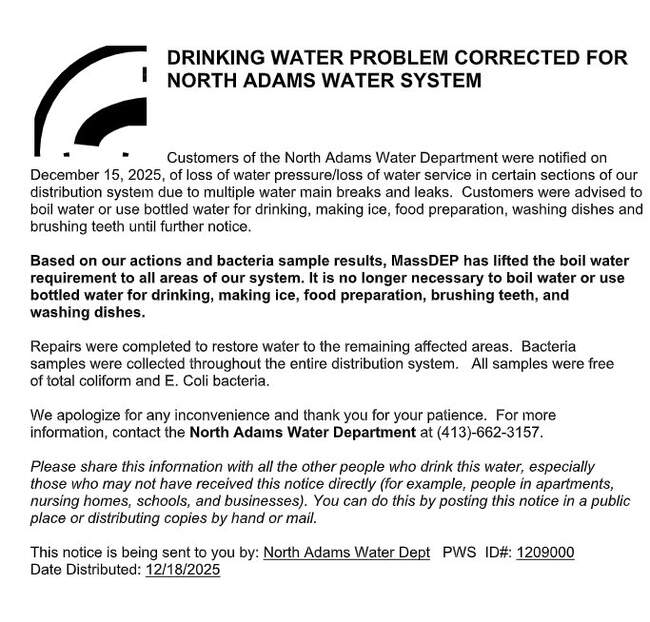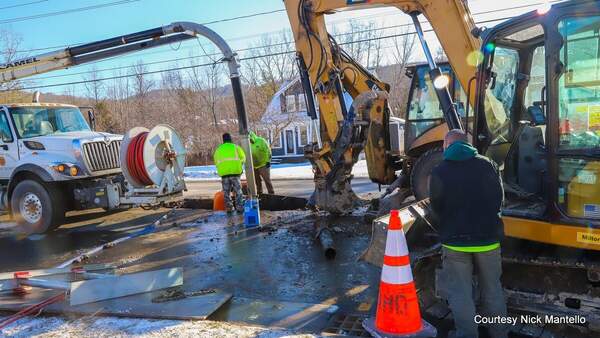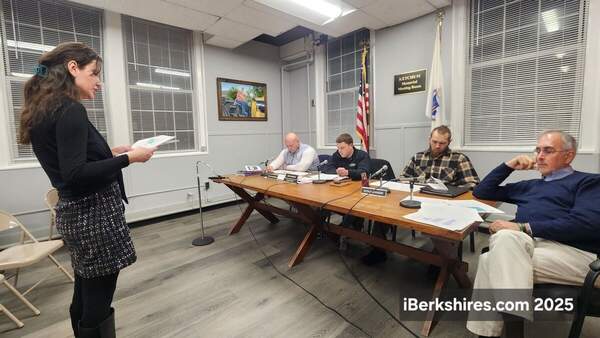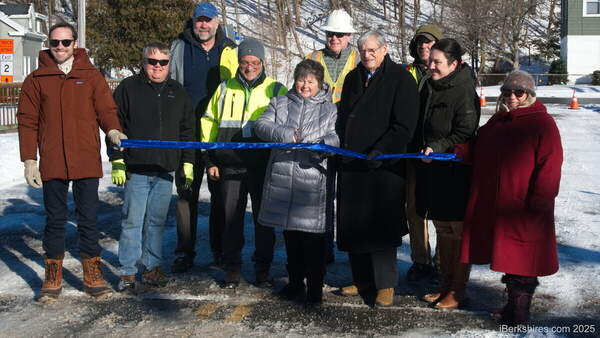Question 9 would create a successor to Berkshire County Government
Question 9 on the ballot would create a Berkshire County Council of Governments if it is passed by 22 of the county’s 32 communities or by two-thirds of the voters, and is binding only on the cities and towns where the majority approve it. Its proponents say it would allow economies of scale through purchasing and a forum to debate — and reach consensus on — regional issues. Its opponents charge that it would be unnecessary, and that its purposes are unclear. Williamstown Selectmen Chairman Margaret Johnson Ware was vice-chairman of the charter commission that drafted the proposed charter. Williamstown selectmen, by a 4-1 vote, lined up in support of the Council of Governments, saying any means to improve communication among cities and towns would be a good thing, and that this one deserves a try. Ware said voters should get behind the proposal “Because it’s an opportunity for the cities and towns of the Berkshires to speak with one voice and take advantage of some economies of scale that would be available for joint purchases and bulk bidding on some goods and services.†Ware acknowledged that some municipalities are already making purchases together, but in an ad-hoc way. “That might happen, but they would have to start from scratch. Every city and town would have different relationships for every commodity,†said Ware. And developing consensus would only help the region’s legislators in representing Berkshire County in Boston, she said. “There are a number of regional issues, some kinds of things that all the cities and towns in the Berkshires need to address Boston about, others that only affect the Berkshires,†she said. “But without some kind of council of governments there is not any forum for elected officials to develop a dialogue among themselves.†“One experience we had on the charter commission was that at first the vast majority of delegates were skeptical, but the more we worked together, the more we developed respect for one another. We could discuss and come to consensus in an atmosphere of civility and respect.†The downsides Ware sees are: “People who are planning on voting against it believe it’s a layer of bureaucracy, and this is based on feelings left over from the old days of county government [which was dissolved July 1]. They’re apprehensive, looking for a guarantee that they’ll get their money’s worth.†“This is a new thing. We can anticipate, we can make projections, but we can’t guarantee anybody anything. People seem uncomfortable with a lack of specificity,†she said. “We don’t know what services we’ll provide until we know what the towns want,†she said. “We didn’t make a list because we didn’t want to restrict the possibilities.†Similar affiliations now exist in Franklin and Hampshire counties, and on Cape Cod. Selectman Daniel N. Gendron cast the sole opposing vote when the Williamstown selectmen endorsed the proposal. Among Gendron’s objections was the small number of communities — 13 — voting in support when the commission met in July. Gendron said that low a margin of approval seems like lukewarm support. Ware countered that many members were on vacation when the vote was taken. It was, she said, a two-year process of approval, beginning with the study group Berkshire 2000 which recommended that the Legislature establish the charter commission. Assessment to towns would be a $1,000 standard annual fee, plus $1 per capita, which for Williamstown would amount to about $9,500. “I would hope that the voters of Berkshire County would at least give the Council of Governments concept a chance to prove itself, and if after three years it isn’t working, then vote it out of existence,†said Ware. “Not to give it an opportunity to see if it would work would be shortsighted.†State Rep. Daniel E. Bosley (D-North Adams) spoke earlier this week at a forum on ballot questions in North Adams. For Bosley, the question is “what are you going to do?†Bosley is unconvinced of the need for the a council of governments. “Basically, the supporters cite two functions, the first being bulk purchasing. But towns and cities do that now, so there’s no need for the council of governments. “The second function is to get together so they can plan concerning issues affecting Berkshire County. It’s a good idea to plan for roadways, for telecommunications, but I don’t know whether you need a council of governments for that.†And, Bosley suggested that that role is more properly the Berkshire Regional Planning Commission’s. Bosley cited state Rep. Shaun Kelly (R-Dalton), who objected that the proposed council of governments “can’t pass anything binding and can’t raise any revenue.†“They haven’t given us a reason,†Bosley maintained. Bosley said that Ware “makes a compelling case for representatives of towns and cities to get together, but I don’t think we need a formal council for that.†Citizens for Regional Governance spokesman Lewis C. Cuyler of Pittsfield has been quoted as saying that “without a council of governments representing Berkshire County communities, we have no regional voice to stand up to state-mandated initiatives that may not be in the county’s best interest.†“The County Commission form of government had outlived its usefulness,†said Cuyler, “but there still needs to be a level of government that can represent the Berkshires as a whole.†CRG is an advocacy group favoring the establishment of a strong regional government to replace the former County Commission. The proposed council of governments could, in addition to serving as a voice for the county as a whole, act as a forum to resolve differences among communities, and to foster cost sharing in areas such as building and health inspections, waste disposal, security, conservation and lake management initiatives as well as providing such new services as purchasing energy.How would you vote. Click here to vote and see how others are voting

